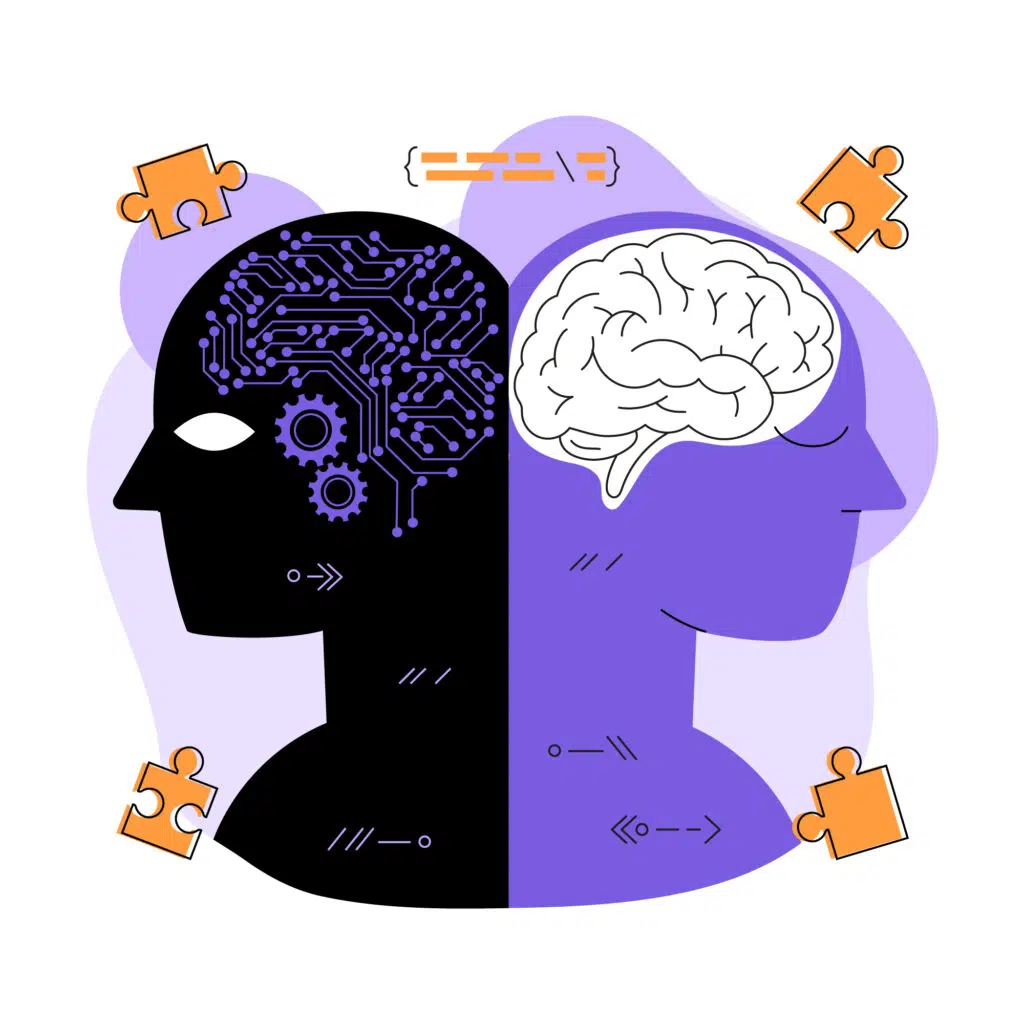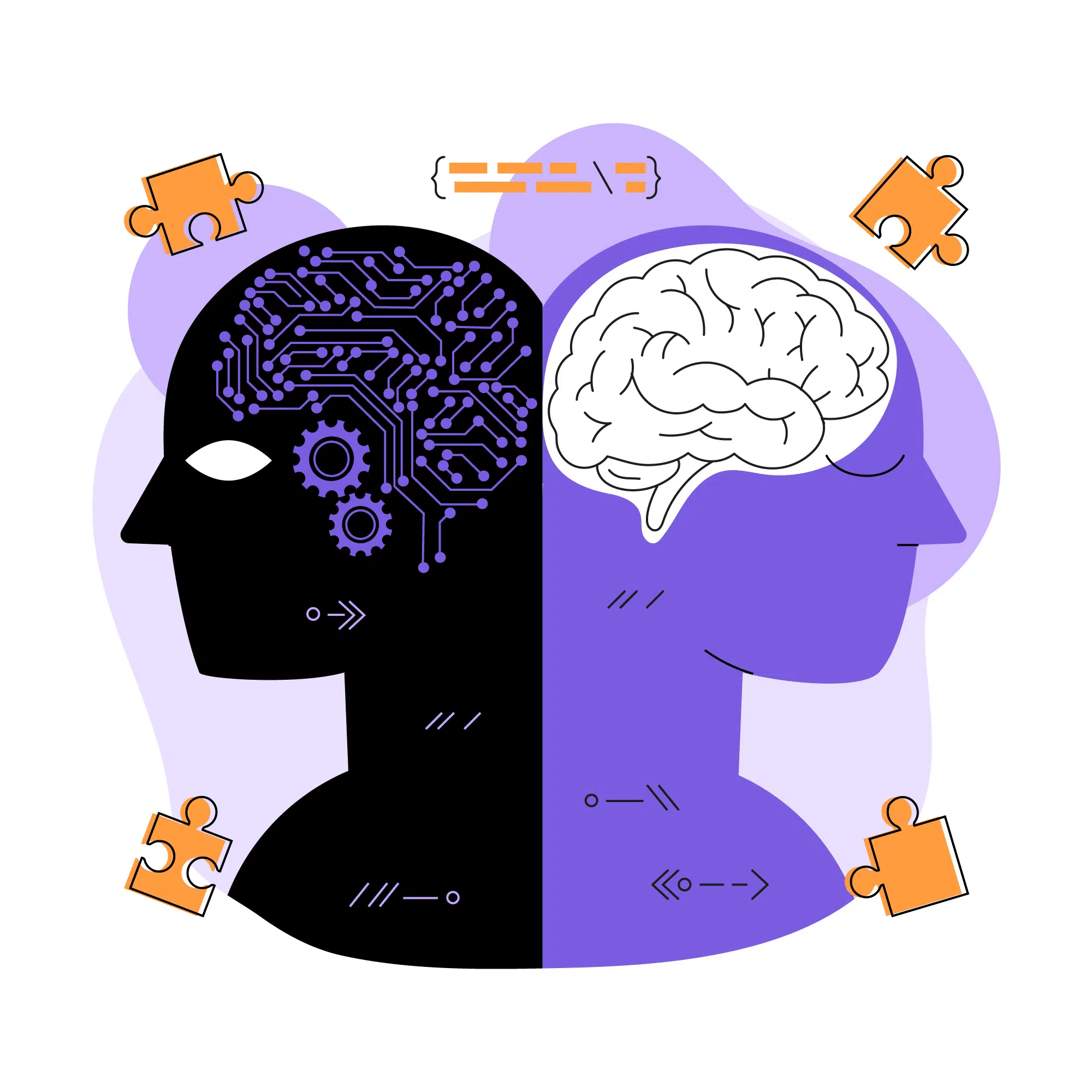
Unlocking Potential: The Power of Behavioural Assessments in Talent Decisions
Behavioural assessments are instrumental in comprehending and optimising individuals’ potential within organisations. Let’s delve into two illustrative scenarios.
Scenario 1:
HR has been informed that members from a particular team are resigning one after the other. Investigation reveals that the team leader avoids resolving conflicts among team members, procrastinates decisions, and is usually absent in times of crisis! The reporting manager says, “How was I to know that this person cannot manage a small team, handle stress, or resolve conflicts when I promoted him? He was an excellent individual performer.”
Scenario 2:
A new marketing team achieves viral success with a product campaign. What’s the mystery behind this new team’s campaign clicking instantly, where previously others have failed?
The answer to both the scenarios presented above is the use of behavioural assessments! These assessments enable stakeholders to understand individuals’ behavioural traits, aiding decisions in hiring, promotion, and role alignment, thus avoiding scenarios like the first and effectuating scenarios like the second.
To understand this better, let’s take a look at a case study showcased in an SHRM article.
AMC Theatres integrated behavioural assessments into their hiring process, aiming to enhance guest experiences. This change led to a decrease in turnover from 200% to under 90%, while employee engagement scores saw a 40% increase over seven years. Moreover, there were notable improvements in customer satisfaction scores and revenues. Implementing behavioural assessments in hiring was so successful that they implemented it in promotion decisions, with a cascading positive impact on all other scores.
Having seen the significant impact they can have on various business aspects, let’s take a look at what behavioural assessments are-
Decoding behavioural assessments
Behavioural assessments help measure the various behavioural aspects of candidates in a holistic and accurate manner. Through cutting-edge AI-powered assessments, organisations gain valuable insight into personality traits, behaviours, values, attitudes, decision-making, leadership styles, emotional intelligence, etc. These insights help predict future behaviours/performances to chart effective L&D and career progression plans. Unlike traditional assessments, behavioural assessments evaluate cultural and role fitment meticulously, devoid of biases, thanks to their psychometric and scientifically robust foundations.
Some examples of behavioural assessments are Holland’s occupational codes, Gardner’s multiple intelligences, The Big Five personality factors, Myers Briggs personality tests, etc. Let’s revisit the scenarios from the beginning, to understand the impact of behavioural assessments.
The impact of behavioural assessments
In Scenario 1, a behavioural assessment like the Holland code could have predicted challenges stemming from a mismatch between the team leader’s personality traits and managerial demands, thereby guiding promotion decisions more effectively. For instance, a combination of enterprising and investigative traits in the Holland code suggests assertiveness, persuasiveness, and problem-solving skills—an invaluable insight for promotion deliberations.
In Scenario 2, the success of the marketing campaign can be attributed to a strategic composition of team members based on their behavioural strengths, as exemplified by Gardner’s multiple intelligences. The logically intelligent strategist analysed the data accurately to arrive at an impactful campaign. The linguistically intelligent copywriter conveyed it through compelling content, and the spatially intelligent graphic designer created stunning visuals. Their skills synergized seamlessly, culminating in a successful campaign.
Advantages of behavioural assessments in hiring
-
Assess fitment more accurately
While hiring, it is expected that the person will become an asset to the company in the long term. Only if the values and ethics align can the person blend in easily with the organisational culture to perform and grow. The person must also have the necessary competencies to perform the role. These fitments can be assessed more accurately through behavioural tests. Thus, this approach improves the ROI in hiring.
-
Predict future success
Traditional hiring relied on standard tests and a gut feeling about future performance. Behavioural tests remove the guesswork from hiring through reliable insights about a person’s traits and future performance predictors, making career progression easier.
-
Make data-driven hiring decisions
Experts in psychology, data science, behavioural science, recruitment, etc., come together to create behavioural assessments based on the analysis of vast data sets. Hence, a credible behavioural assessment can help recruiters arrive at more accurate hiring decisions. It also removes all biases, as decisions are backed by insights and reports. Such an approach creates diverse and better-performing teams.
-
Enhance employee engagement and development
Insights from behavioural assessments help personalise employee engagement and development plans, augmenting employee retention initiatives. Further, sharing the insights with reporting managers gives them a deeper understanding of employee traits, strengths and weaknesses, facilitating effective membership and guidance.
By incorporating behavioural assessments into hiring practices, companies can mitigate risk, avoid wrong hires, save time, cost and effort, enhance decision- making, and foster a culture of improvement and success. Customising these to suit specific roles will streamline talent management in its entirety.
